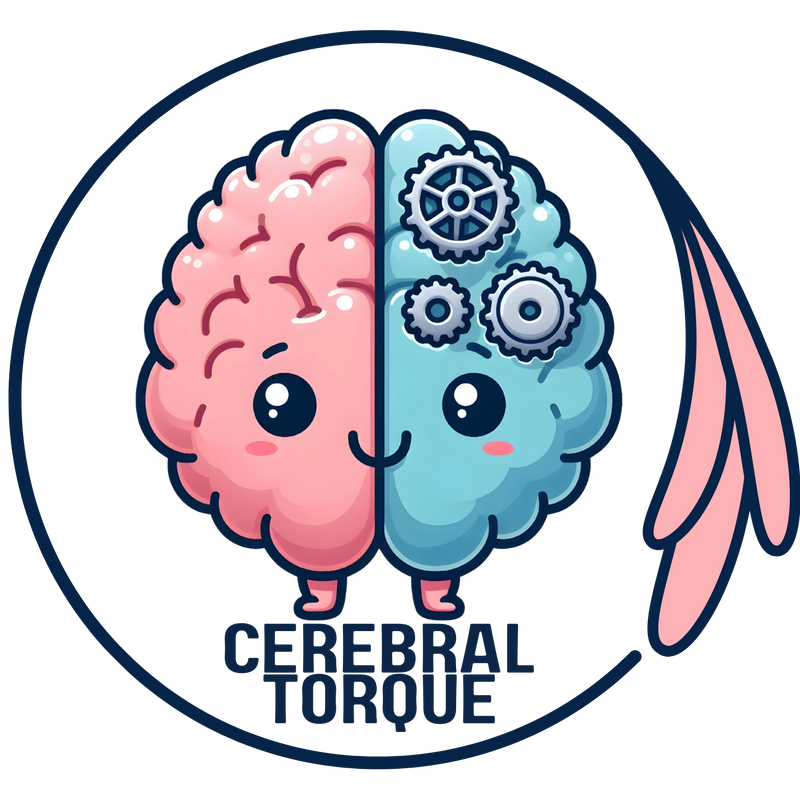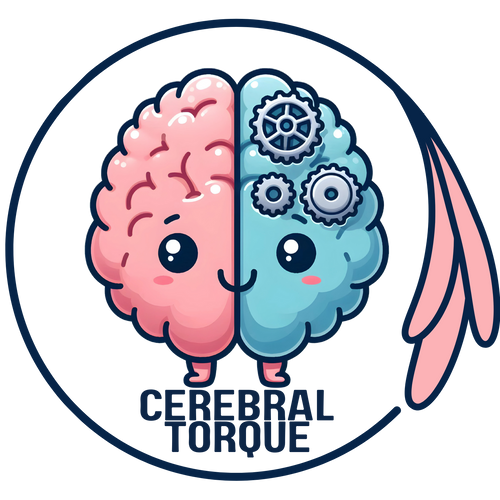MigraineScience
Sat, Apr 19, 25
FDA Authorizes First Digital Therapeutic for Migraine
In a development for migraine patients, the FDA has granted marketing authorization to CT-132, making it the first prescription digital therapeutic specifically designed for the preventive treatment of episodic migraine...
Read MoreFri, Apr 18, 25
Weather Conditions & Migraine Attacks: Is there a relationship?
This meta-analysis found that weather conditions, especially temperature and ambient pressure changes as well as increased levels of certain air pollutants (PM10, PM2.5, NO2, CO, and O3), are significantly associated...
Read MoreFri, Apr 18, 25
Understanding the Link Between Endometriosis and Migraine
Understanding the Link Between Endometriosis and Migraine: New systematic review and meta-analysis reveals a significant connection between these two conditions and what it means for patients.
Read MoreHow Migraine and Heart Holes Double Stroke Risk in Young Adults
New research reveals a surprising connection between migraine with aura and PFO (a small hole in the heart) that significantly increases stroke risk in young adults. This landmark study found...
Read MoreThu, Apr 17, 25
Thu, Apr 17, 25
Thu, Apr 17, 25
Tue, Mar 11, 25
Biofeedback Types for Migraine Treatment
Biofeedback is a non-invasive, non-pharmacological approach that enables individuals to gain control over physiological processes linked to migraine, such as muscle tension, blood flow, and brain activity. Using monitoring equipment,...
Read MoreMon, Mar 10, 25
Chronic Pain Conditions Associated with Migraine
Chronic Pain Conditions Associated with Migraine Condition Description Association with Migraine References Irritable Bowel Syndrome (IBS) A functional gastrointestinal disorder characterized by abdominal pain and altered bowel habits. Higher prevalence...
Read MoreUnderstanding Migraine in the Elderly
Migraine in elderly patients presents unique challenges that require specialized management approaches. Unlike classic migraine in younger adults, elderly patients often experience more bilateral or global headaches with less pulsating...
Read MoreNovel Treatments and Approaches in Migraine Research (as of February 2025)
Novel Treatments and Approaches in Migraine Research (as of February 2025)
Read MoreBrain Connectivity Changes During Migraine Cycle
Brain Connectivity Changes During Migraine Cycle This visualization represents the cyclic changes in brain connectivity throughout the migraine cycle, based on 82 functional MRI recordings from 12 patients. The graph...
Read MoreNew Study: Do Migraine Treatments Reduce Stroke Risk?
A recent study published in Headache: The Journal of Head and Face Pain analyzed data from around 22,000 patients across two major medical databases. The data showed that propranolol significantly...
Read MoreGroundbreaking study!: Anti-CGRP Monoclonal Antibodies Disease-Modifying!?
Exciting new research reveals that long-term treatment with anti-CGRP antibodies may do more than just manage migraine symptoms - it could actually change the course of the disease. A groundbreaking...
Read MoreThe Case Against Classifying Migraine as Nociplastic Pain
The Case Against Classifying Migraine as Nociplastic Pain
Read MoreMigraine: Men Vs Women
Sex-Based Differences in Migraine
Read MorePreventive Migraine Medications with a Higher Likelihood of Being Safely Combined
Understanding Drug Compatibility Understanding how different migraine medications work together is important for effective treatment.
Read MoreGlobal Migraine Trends Analysis
A comprehensive 30-year analysis reveals that migraine affects approximately 1 in 7 people globally, with cases increasing by 58% between 1990 and 2021. While women show higher overall prevalence, men's...
Read MoreHow Migraine Medications Are Tested
Ever wondered how migraine medications are proven safe and effective? This is the article for you.
Read More













